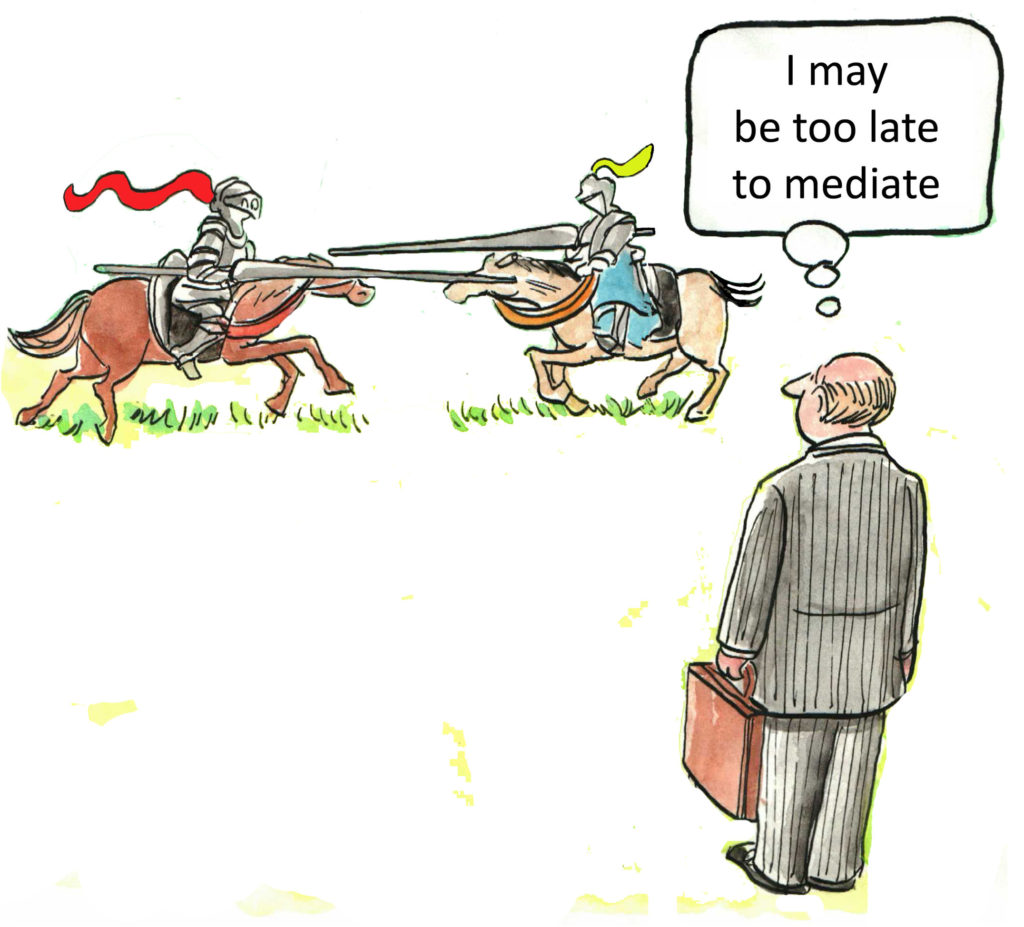Do workplace emotional hotspots cause tension in your team?
When not dealt with well, emotional hotspots increase conflict and tension. Everyone suffers. Work is not a happy place for you or your team. You waste energy trying to sort out issues that you’ve not been trained for. Time spent fixing interpersonal problems is lost time. There’s a high cost in staff turnover. Your profits are down because the team’s not working efficiently.
Did anyone ever teach you how to manage your reactions amid all this chaos?
I’ve spent the past 25 years helping teams learn these skills. I’ve identified five tension hotspots that business owners and managers struggle with.

1. When you get frustrated, angry, worried, about your business.
It’s hard to stay calm when you are frustrated or worried. If you rant and rave and blame others for the way you are feeling this will negatively impact others. The evidence is that the way a leader presents themselves to the rest of the team will have a big impact on how the team functions. If you stay calm, even in the face of frustrating and unpredictable events the rest of the team will perform better. That’s easier said than done.
You don’t have to explode and rant and rave when you are worried, frustrated, or angry. Even if you have done this all your life, you can still change, even at your age.
The challenge is to learn to manage your own feelings by naming them and owning them without self-criticism. To name them is to tame them.
Deep breathing is one of the most effective ways to calm yourself when the pressure is on. This will activate the parasympathetic nervous system, and counterbalance strong feelings that arise.
There’s more you can learn about managing your strong feelings, but this is an excellent start.
2. Dealing with difficult customers.
You as the manager or business owner may be able to handle all customers well. You might know these customers personally and have many years of experience with them.
Your frontline staff, on the other hand, are the ones who can have difficulty. They may need your support and coaching. It’s important that you don’t be critical of them for not managing challenging customers as well as you do. Their confidence can be knocked, so acknowledge their difficulties.
Many interpersonal skills are learnt on the job. You can give practical advice and support. You can also point them in the right direction to get training for their professional development.
It can be helpful to establish a simple de-briefing process to help staff recover quickly after difficult customer interactions. Confrontational customers do take their toll. A simple debriefing process that team members can do for one another will help the upset staffer return to work more quickly. Even after just a few minutes. We provide that in our TUF Interactive Online Training.
3. Managing conflict or tension in your team.
Team tensions can be the biggest handbrake to business success. Small misunderstandings can soon balloon into major civil wars. When you see team members at loggerheads with each other you may scratch your head and wonder what it is all about. Why can’t they just get on? You might ask yourself.
You may be tempted to explain it away and say that this is just a personality clash and separating the people concerned will be the only fix. Or you might want to get people into a room and ‘bang heads together’ and sort it once and for all. Neither of these things work very well.

Conflict escalates because people don’t have the skills to manage the strong feelings that arise when there’s a difference of opinion. These moments don’t have to be fatal. With the right skills teams can manage even the most challenging of conversations. Team bonds are strengthened. A happy team internally delivers better customer service externally. Coaching or mentoring can help individuals when the problems seem more serious. Investing in their well-being will give you loyal and engaged staff.
4. Personal problems staff bring to work.
A frustrated manager said to me once that their business would be a lot more enjoyable if they only had machines to worry about and not people. Machines need a little oil and regular maintenance with no emotional problems. People bring their whole selves into the workplace. That’s both rewarding and challenging. How do you manage staff problems from home and elsewhere that affect work? How do others in the workplace manage workmates going through tough times? How much does this impact on productivity and efficiency?
You can’t just say this I work time and tell them to leave their problems at the door. Not everyone can do that. They are the same person on this side of the door as they are on the other side.
How do you support someone with personal problems and manage them and their work performance at the same time? You are a manager not a social worker or counsellor. So how do you tread the fine line? How do you avoid becoming over-involved in trying to solve their problems?
Remain calm yourself. Mastering Hot Spot #1 helps with this. Their problem is theirs, no matter how big and scary it is. It’s not yours. At the same time, you don’t want to be aloof and disinterested. Sometimes you may need to refer them to an outside coach or mentor to help them manage.
5. Dealing with a needy person in the team who upsets others.
In any group there will always be someone who demands more of your energy and attention than the rest. You may have heard the word ‘neurodiversity’. It is real. According to the Cleveland Clinic, neurodiversity is a word used to explain the unique ways people’s brains work. While everyone’s brain develops similarly, no two brains function just alike. Being neurodivergent means having a brain that works differently from the average or “neurotypical” person. For a number of reasons we are more aware of people who are neurodivergent. They might have trouble responding to you and managing their own thoughts and strong impulses.
You may have a team member who some people love, and others hate. They might be high achievers. They speak well to those in authority and are mean and nasty to co-workers. You need to be proactive in managing them.
No matter how difficult and confusing, there are things you can do and say that will help get the best from these people. It does require patience on your part, and you can learn.
Burying your head in the sand and hoping the problem will go away doesn’t work. Shouting at them, or generally getting frustrated is not good for you or for them. Set clear boundaries that they understand and keep. Think of these tendencies as “superpowers”. Appreciate this person for who they are and where possible, assign them tasks best suited to their ability.
You can learn more of the Dos and Don’ts for managing Workplace Hotspots when you access the Free Training here.
